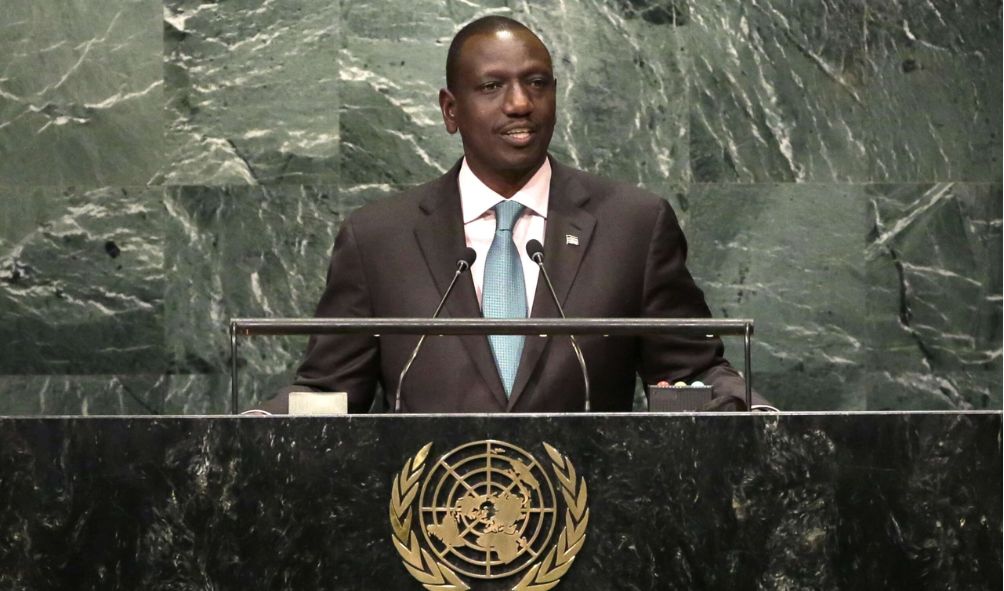International obligation that forced Ruto to increase fuel tax

Ruto increased fuel tax from 8 percent to 16% to fulfill an international obligation according to Finance Committee Kimani Kuria
Ruto increased fuel tax from 8 percent to 16% to fulfill an international obligation according to Finance Committee Kimani Kuria.
On June 21, the National Assembly (NA) voted to raise the Value Added Tax (VAT) for fuel products from 8% to 16%, sparking nationwide outrage.
President William Ruto’s administration made the dramatic shift partly as a result of an international pledge he made, according to Molo MP Kimani Kuria, who served as chair of the finance committee that prepared the finance bill report, in an interview with Citizen TV.
The legislator explained that the Head of State had made an international commitment to cut fossil fuel usage which necessitated the rise in taxes.
“There is a global discussion about climate change and going green. Many countries across the world are moving away from consumption of fossil fuel to consumption of clean energy,” he explained the rationale behind the fuel VAT spike.
He added that the Finance Committee, in lieu of that commitment, decided to look at alternatives of fossil fuel.
Kimani highlighted that the Finance Bill zero rated bio ethanol fuel and Liquefied Petroleum Gas (LPG) so that many Kenyans can move towards clean energy.
Explaining the advantages of bioethanol fuel, Kimani noted that the Finance Bill policies governing the clean energy initiatives made it possible for Kenyans to cook a meal of four using fuel worth Ksh10 only.
“In terms of using fuel for vehicular movement, most people are buying hybrid cars. We did provide tax incentives for manufacturing of electric cars,” he clarified.
Nominated MP and ODM Party chairperson John Mbadi also accused Ruto of being irresponsible over his government’s move to increase Value Added Tax (VAT) on fuel from the current eight percent to 16 percent.
US strikes deal to train 103,000 Kenyans
Shakahola cult leader on hunger strike dies in police custody
Employers to be fined TWO percent on housing levy defaults
Mbadi noted that it was not possible to make international commitments and decide to move away from fossil fuel overnight.
“The ripple effect is the cost of living will go up because Kenya is still heavily dependent on fossil fuel… The inflation will go up more than what we see and this was not a well thought idea,” said the nominated MP.
According to Mbadi, while President Ruto is keen on ensuring Kenya transitions to clean energy, it should be done in a manner that does threaten the economic well-being of Kenyans.
“You cannot sign climate change (deals) and move away from fossil fuel overnight. It has defeated even the most developed nations; it has to be gradual,” he said, adding, “You cannot make life so difficult and expensive for Kenyans just because you want to fulfill some treaties you signed where even public participation was not sought.”
Kenyans are fearful that in July, the price of a litre of petrol is likely to hit the dreaded Ksh200 mark making the overall cost of household items (and life) more expensive.
Also read,
How much fuel will cost after Parliament approved the 16pc VAT
Presidential escort team injured in Ruto motorcade accident
President Biden’s son Hunter charged with income tax default and illegal possession of weapon
Follow us




